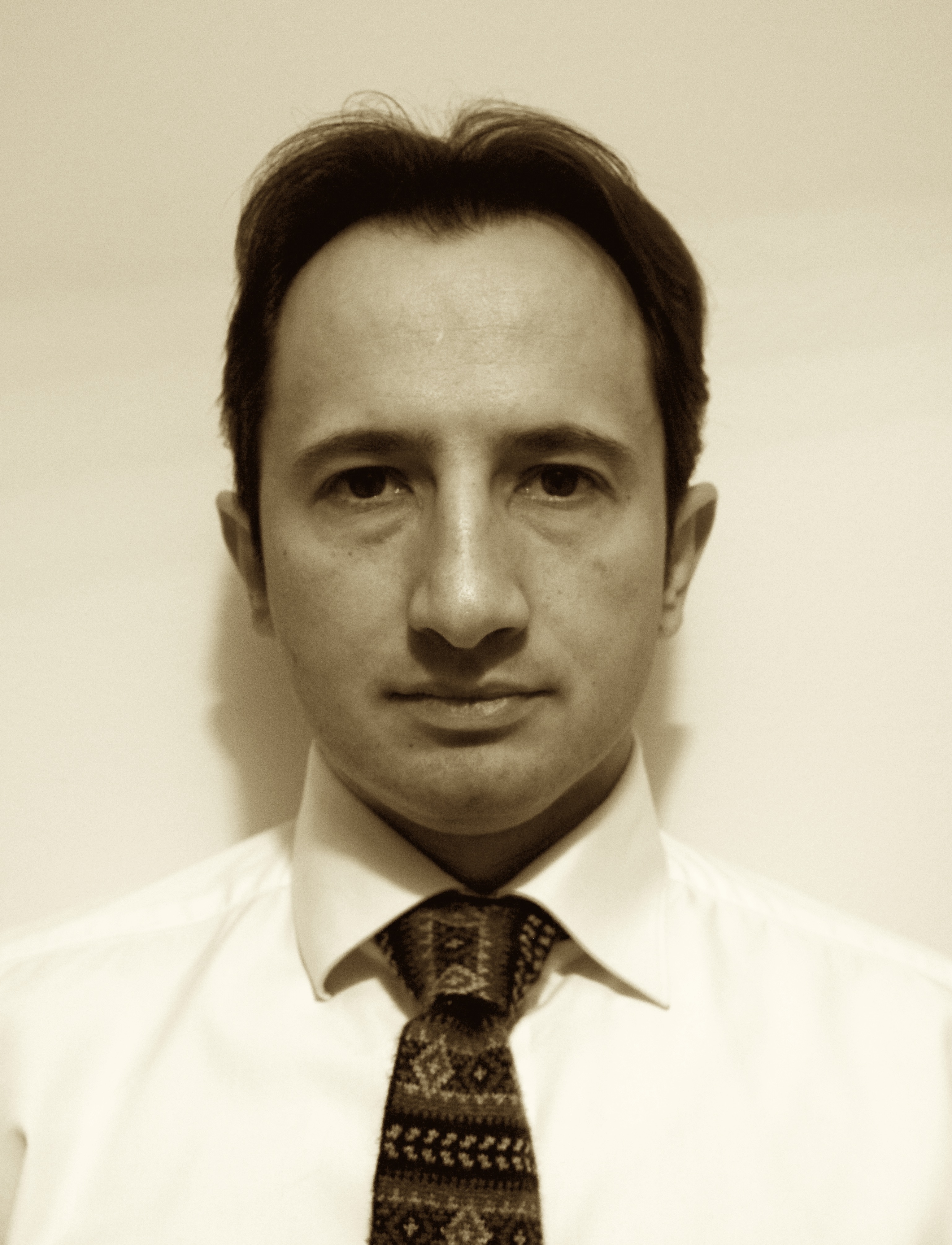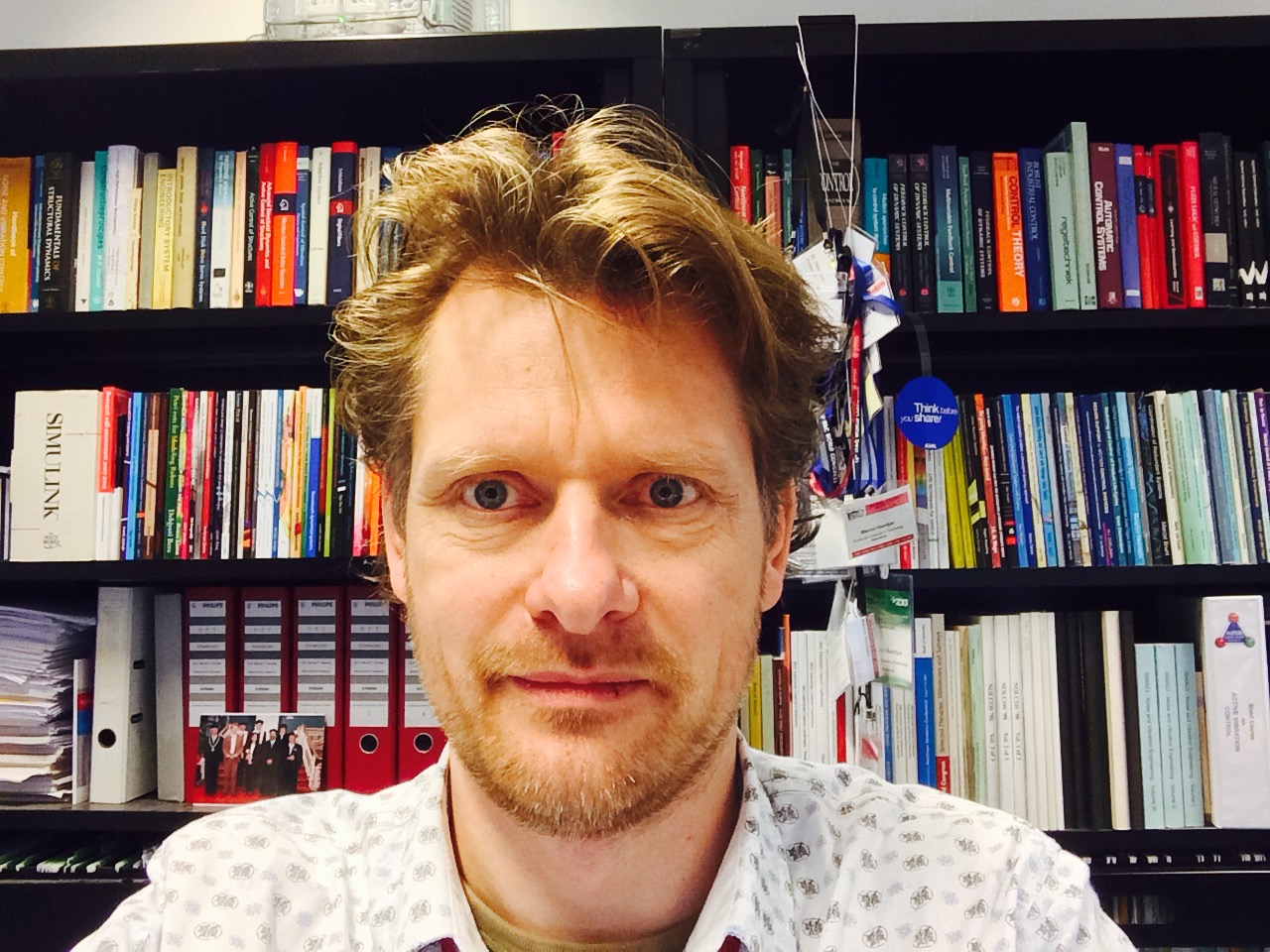
Prof. Francesco Biral
University of Trento,
Department of Industrial Engineering

University of Trento,
Department of Industrial Engineering
Recent advances in theory, algorithms and computational power make it possible to solve complex practical optimal control problems both for off-line and on-line applications. Solution methods for optimal control problems fall into three general categories: Dynamic Programming, Indirect Methods and Direct Methods. The tutorial starts by reviewing the technical details of solution methods pertaining these three categories with the aid of hands-on examples. Advantages and disadvantages of each methods are discussed along with a brief review of available softwares. The second part of the tutorial focuses on an Indirect Method based on the Pontryagin Minimum Principle (PMP), and presents a detailed procedure and software tools to formulate the problem, automatically generate the C++ code, and finally numerically solve several optimal control problems of practical relevance. Application of PMP relates to the analytical derivation of necessary conditions for optimality. This aspect—often regarded in literature as a drawback—is here exploited to build a robust yet efficient numerical method. In many cases, it also allows to find an explicit solution of the optimal control law. The tutorial also shows how to improve the convergence performance by using an explicit formulation of the optimal control problem. Furthermore, when the optimal control cannot by calculated explicitly, the presented solution reverts to a numerical approach, still providing some advantages. Additionally, under some conditions, the symbolic equations can be exploited to obtain semi-analytical solutions, which can be used for on-line applications. The tutorial closes with application examples in automotive and intelligent manufacturing fields.
Prof. Francesco Biral studied Mechanical Engineering at the University of Padova where he received the M.Sc Degree in 1997. In 2000 he completed the Doctorate (PhD) in Applied Mechanics and moved to University of Trento as Post-doc student first and then as Assistant Professor. Since September 2012 he is Associate Professor at the Department of Industrial Engineering in Trento University. Francesco Biral research interests include symbolic and numerical modelling and simulation of dynamical system and efficient methods for real time solution of optimal control problems following a multidisciplinary approach. He has applied these techniques in vehicle dynamics (mainly motorcycles and ground vehicles) for driver/rider modelling and development of safety systems for intelligent vehicles, to plan efficient tool-path in milling machines and to develop models of professional cyclist in biomechanics field. He was involved in many European Research Projects such as FP6 PReVENT, FP7 interactIVe and FP7 AdaptIVe and he was coordinator for University of Trento of FP7 SAFERIDER Project on riding support systems for motorcyclists. He has authored and coauthored numerous papers in national and international journals including a contribution to a book and a patent for a curve warning system for motorcycles.

Eindhoven University of Technology,
(Principle Engineer, ASML)
Over the past decade variable gain control has contributed to both the positioning accuracy (overlay and imaging) and the productivity (throughput) of the motion systems in wafer scanners. In the control of wafer scanners, i.e. the lithographic machinery used to produce chips, nonlinear elements are traditionally used to linearize the feedback loop. Alternatively, introducing nonlinearity to de-linearize the feedback loop is done with the aim to better deal with design trade-offs. In this paper, an overview is given of the most relevant nonlinear control designs used in wafer scanners, which are based on variable gains. This includes posing a framework either for stability analysis, in which (measured) frequency response functions are key in providing graphical checks, or in discussing performance via nonlinear Bode diagrams.
Prof. Marcel Heertjes received both his M.Sc and Ph.D. degree in mechanical engineering from Eindhoven University of Technology in 1995 and 1999, respectively.
In 2000, he joined the Philips Centre for Industrial Technology in Eindhoven.
In 2007 he joined ASML, Mechatronics Development, in Veldhoven and (part-time) the Control System Technology and the Dynamics & Control groups with the Department of Mechanical Engineering at the Eindhoven University of Technology.
His current research interests are the control of industrial motion systems with special attention for nonlinear control, feedforward and learning control, and data-driven optimization and self-tuning.